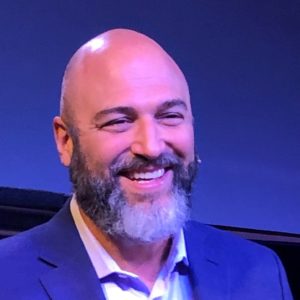First federal rule issued for ombudsman programs
The Administration for Community Living (ACL) of the U.S. Department of Health and Human Services (HHS) has published the first federal regulations for the long-term care ombudsman programs in the Federal Register in an effort to improve consistency among state programs. The rule becomes effective July 1, 2016.
One issue, according to Kathy Greenlee, HHS assistant secretary for aging and ACL administrator, is that the ombudsman program, “historically, was designed to advocate for residents in nursing homes and other skilled congregate settings.” Some states, however, have expanded their programs to give ombudsman programs jurisdiction in community-based settings, but many struggle to provide adequate resources to carry out that authority, she added.
“It’s still a very vital and important function,” Greenlee told those participating in a Feb. 11 White House Conference on Aging webinar on elder justice, “and I think we all need to pay attention to the larger question as we serve more people at home: How do we provide the type of protection that the ombudsman program is meant to provide, which is an advocate and a voice for the consumer?”
The new rule clarifies:
- Responsibilities of key figures in the system, including the ombudsman and representatives of the office;
- Responsibilities of the entities in which ombudsman programs are housed;
- Criteria for establishing person-centered approaches to resolving complaints on behalf of residents;
- The appropriate role of ombudsman programs in resolving abuse complaints; and
- Processes for identifying and remedying conflicts of interest so that residents have access to effective, credible ombudsman services.
“We know some programs will need to make changes to address conflicts of interest and other issues that will be identified as states evaluate their compliance with the new rule,” the ACL notes in an announcement on its website.
The ACL has created a dedicated email account, LTCOmbudsman.Rule@acl.hhs.gov, to accept questions and requests for assistance related to the new rule.
Elder justice is one of four themes identified for the 2015 White House Conference on Aging. A previous webinar discussed healthful aging, another of the four themes. Nora Super, the conference's executive director, told webinar attendees that at least two more webinars, one for each of the other two themes, retirement seccurity and long-term services and supports, are planned as well. Regional events and a national gathering are in the works, too.
Additional coverage of the webinar: 4 steps to protecting residents from financial fraud
Additional coverage of the White House Conference on Aging is here.
I Advance Senior Care is the industry-leading source for practical, in-depth, business-building, and resident care information for owners, executives, administrators, and directors of nursing at assisted living communities, skilled nursing facilities, post-acute facilities, and continuing care retirement communities. The I Advance Senior Care editorial team and industry experts provide market analysis, strategic direction, policy commentary, clinical best-practices, business management, and technology breakthroughs.
I Advance Senior Care is part of the Institute for the Advancement of Senior Care and published by Plain-English Health Care.
Related Articles
Topics: Advocacy , Articles , Regulatory Compliance










